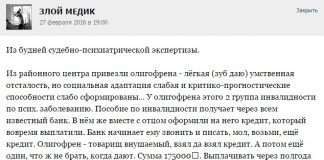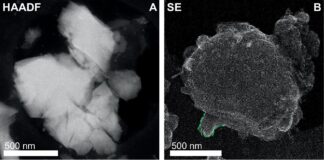New research suggests that giving people more freedom in social situations can dramatically increase cooperation, trust, and fairness. The international study, involving Kobe University researchers, challenges the assumptions of traditional experiments on human behavior. Published in Nature Human Behaviour, it argues these standard setups often underestimate our inherent prosocial tendencies.
Scientists use games modeled after real-world social interactions to understand how people behave in specific situations. For instance, a common “cooperation game” shows that only about one in seven individuals cooperate consistently over time. This suggests limited prosocial behavior in structured environments.
Traditional experiments, however, usually assume that players must act the same way towards everyone they interact with. This overlooks a crucial aspect of human interaction: our ability to adapt our behavior based on individual relationships.
“Most games on networks assume uniformity,” explains Ivan Romić, a computational social scientist at Kobe University. “They don’t account for the fact that humans manage their social networks actively.”
To address this gap, Romić and his colleagues — Danyang Jia and Zhen Wang from Northwestern Polytechnic University in Xi’an, China — designed a new experimental setup. This allowed participants to choose different actions depending on who they were interacting with within the classic “Prisoner’s Dilemma” and “Trust and Ultimatum” games—scenarios often used to model cooperation and fairness.
Over 2,000 university students across China participated in these modified games. The researchers varied the degree of freedom given to players, allowing them to observe how this impacted the results.
The results were striking. In the “Prisoner’s Dilemma,” cooperation rates soared from just 14% when participants had limited choices to over 80% when everyone could personalize their interactions. Trust and fairness exhibited similar dramatic increases. Even in mixed groups where only some players had this flexibility, prosocial behavior improved significantly.
Interestingly, initially introducing freedom led to temporary spikes in inequality as more adaptable players exploited their advantage. However, ultimately, as the games progressed and all players enjoyed the freedom to tailor their actions, inequality decreased even as overall wealth grew.
“Players with more freedom showed prosocial tendencies right from the start,” explains Jia, a co-author of the study. “It wasn’t just about learning over time; they had the capacity to act differently from the outset.”
The team observed that as participants gained agency, groups shifted towards cooperative strategies like “tit-for-tat” — where cooperation is reciprocated — and generous trustors who readily offered trust. Conversely, those constrained by limited choices often defaulted to less cooperative actions, not necessarily because they were selfish, but simply because their environment didn’t allow for better options.
The researchers conclude that many traditional experiments underestimate human cooperation potential by restricting the ways individuals can make social decisions. They argue that future behavioral research should reflect the reality of personalized interactions and individual adaptation within social networks to accurately capture the complexities of human behavior.
“This suggests,” Romić emphasizes, “that equal opportunity for individualizing interactions benefits prosocial behavior.”

























